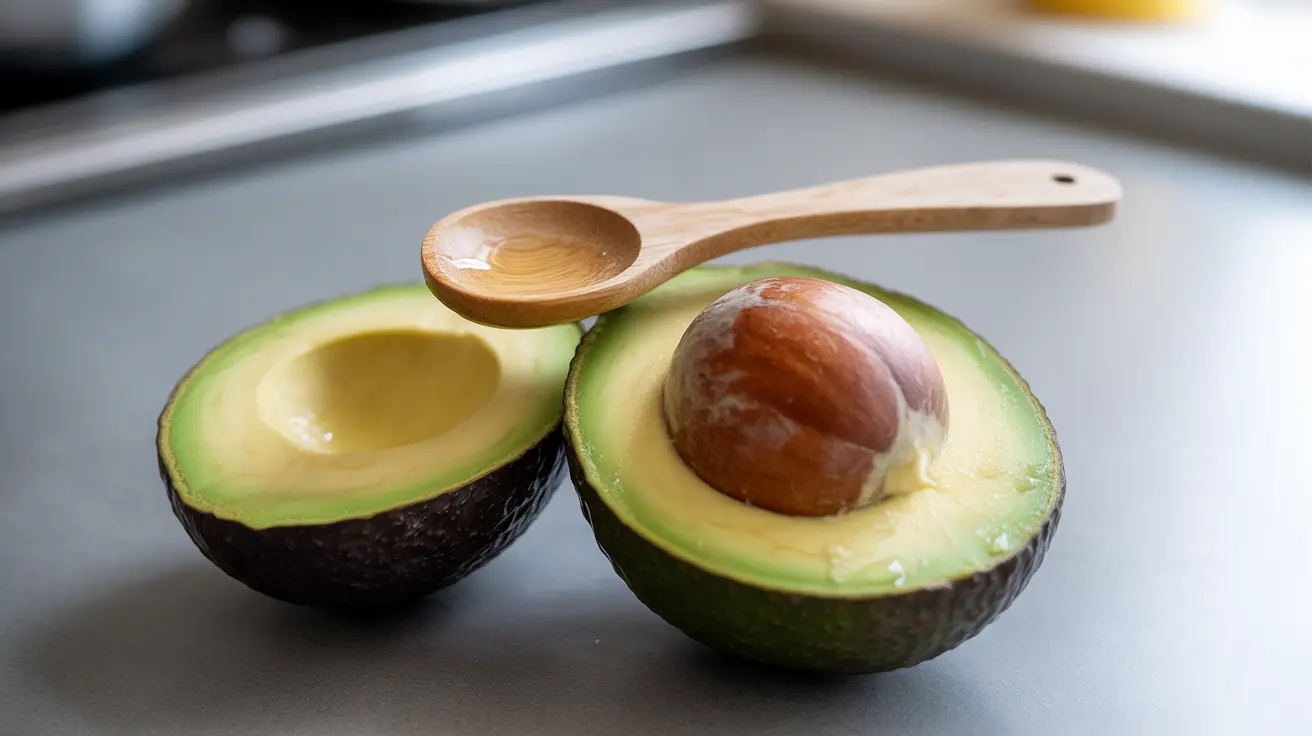For anyone following a low-carb or ketogenic diet, understanding which foods fit into their meal plan is crucial. Avocados have gained significant popularity among health-conscious individuals, but many wonder about their carbohydrate content and compatibility with low-carb eating patterns.
In this comprehensive guide, we'll explore everything you need to know about avocados' carbohydrate content, their nutritional profile, and how they can be incorporated into a low-carb lifestyle.
Carbohydrate Content in Avocados
Avocados are indeed exceptionally low in carbohydrates, making them an excellent choice for low-carb and ketogenic diets. A typical medium-sized avocado (about 200 grams) contains approximately 17 grams of total carbohydrates. However, most of these carbohydrates come from fiber.
When calculating net carbs (total carbohydrates minus fiber), a whole avocado contains only about 4 grams of net carbs. This makes avocados one of the most keto-friendly fruits available.
Nutritional Profile of Avocados
Healthy Fats
Avocados are rich in heart-healthy monounsaturated fats, particularly oleic acid, the same beneficial fat found in olive oil. These fats help with nutrient absorption and provide sustained energy without raising blood sugar levels.
Fiber Content
With approximately 13 grams of fiber per medium avocado, this fruit provides nearly half of the daily recommended fiber intake. This high fiber content contributes to feelings of fullness and supports digestive health.
Essential Nutrients
Avocados are packed with essential nutrients, including:
- Potassium (more than bananas)
- Vitamin K
- Folate
- Vitamin C
- Vitamin B6
- Vitamin E
Health Benefits of Avocados
Beyond their low-carb status, avocados offer numerous health benefits:
- Support heart health through healthy fat content
- Help maintain stable blood sugar levels
- Promote weight management through satiety
- Enhance nutrient absorption from other foods
- Support skin and eye health
- Provide anti-inflammatory properties
Incorporating Avocados into a Low-Carb Diet
There are many delicious ways to include avocados in your low-carb meal plan:
- Add to salads for extra creaminess
- Use as a natural spread instead of mayo
- Blend into low-carb smoothies
- Create keto-friendly chocolate mousse
- Serve with eggs for a nutritious breakfast
Frequently Asked Questions
Are avocados considered low carb and suitable for ketogenic or low-carb diets?
Yes, avocados are definitely considered low carb and are highly suitable for both ketogenic and low-carb diets. With only 4 grams of net carbs per whole avocado, they fit well within most low-carb eating plans.
How many net carbs are there in a typical serving of avocado?
A typical serving size of 1/3 of an avocado contains approximately 1.3 grams of net carbs. This is calculated by subtracting the fiber content from the total carbohydrates.
What health benefits do avocados provide besides being low in carbohydrates?
Avocados provide numerous health benefits, including heart-healthy monounsaturated fats, high levels of potassium, fiber for digestive health, and various vitamins and minerals. They also contain antioxidants that support overall health and wellness.
Can eating avocados help with weight loss and blood sugar control?
Yes, avocados can support weight loss and blood sugar control. Their combination of healthy fats and fiber helps maintain satiety, while their low carb content helps prevent blood sugar spikes. The monounsaturated fats also support healthy metabolism.
How can I include avocados in my meals while following a low-carb or keto eating plan?
Avocados can be incorporated into low-carb meals in various ways: as a topping for salads, blended into smoothies, mashed as a spread, added to eggs, or even used in keto-friendly desserts. They're versatile and can replace higher-carb ingredients in many recipes.




